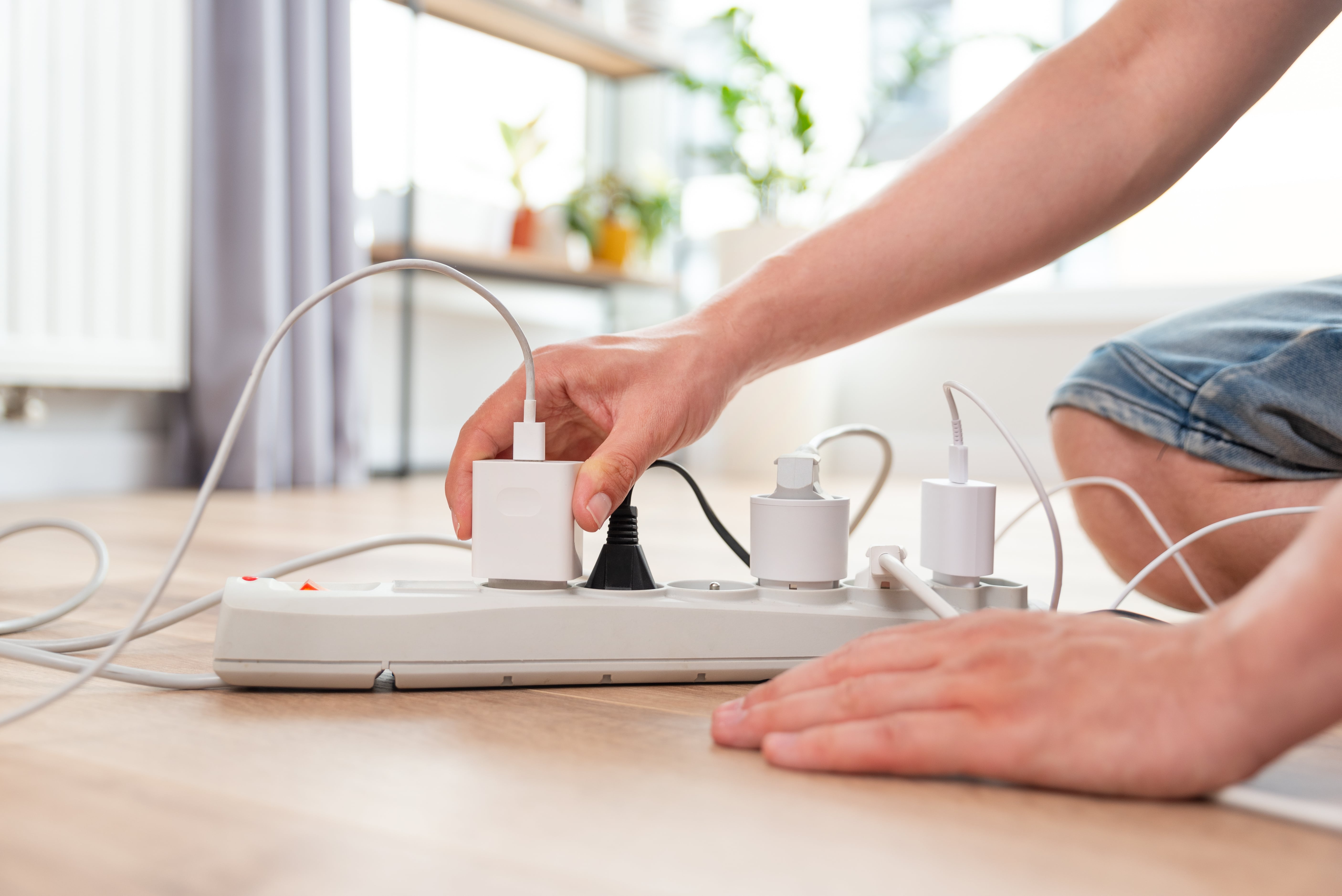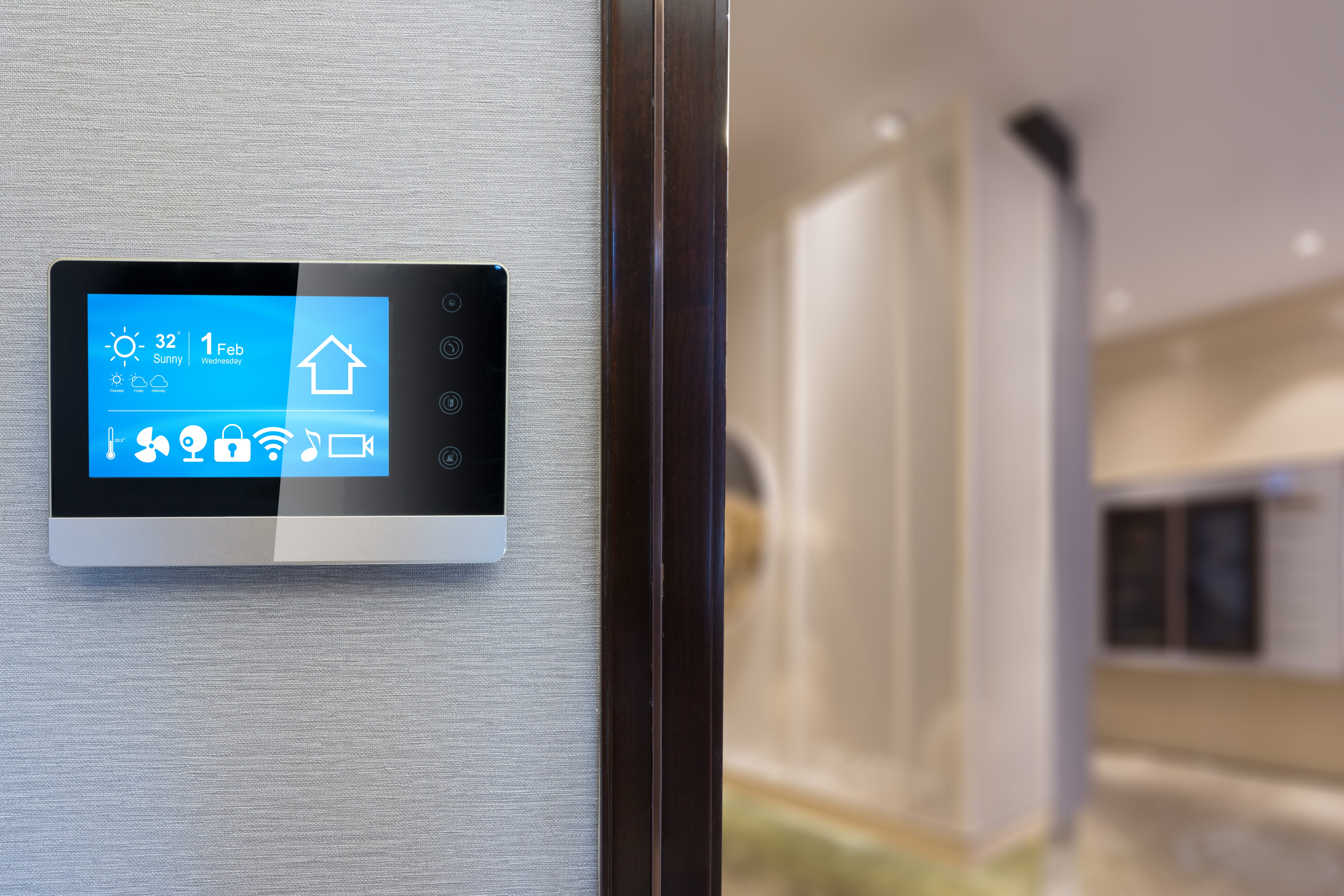We’ve all heard of peak electric hours, but what does this term really mean? How can understanding these hours help you save on your electric bill? Dive in to explore the intricacies of peak hours for electricity, how they are determined, and the answers to your most pressing question: When is electricity the cheapest?
{{CTA-Plans}}
What Are Peak Electricity Hours?
Peak electric hours are the time frames during which electricity consumption is at its highest. These are typically periods when most households and businesses use a significant amount of electricity, causing a surge in demand within the power grid.
When many customers simultaneously use peak-time electricity, utility companies may find it more challenging to deliver power efficiently, leading to potential strain on the system. This is particularly true for areas putting significant power demands on the Texas power grid.
What Are Off-Peak Electricity Hours?
In contrast to peak electric hours, off-peak electricity hours are those periods when energy demand is at its lowest. During these times, electricity consumption significantly drops, reducing the strain on the power grid. This can often be in the early morning or late at night and usually indicates when electricity is the cheapest.
Understanding what the peak hours for electric use are vs. off-peak electricity hours is often essential to running your household, especially when you’re trying to save on your electric bill or decide on Gexa Energy electricity plans.
When Is Electricity the Cheapest?
Most would assume that when electricity is the cheapest, it would be off-peak hours—and they would be right. Electricity is generally less expensive during off-peak hours since the demand is lower, making it easier and more cost-effective for utility companies to distribute.
For example, off-peak electricity hours in Texas typically occur between 9 PM and 7 AM, Monday through Friday. During these hours, electricity prices are lower than peak hours, which are usually between 7 AM and 9 PM and sometimes between 1 PM and 7 PM. However, it’s important to check with your Retail Electricity Provider for their specific off-peak hours as they may vary from season to season and from different cities. Most commonly, late evenings and early mornings during weekdays—or sometimes even whole weekends—might be cheaper.
Does electricity cost more during peak hours? That depends on what type of electricity plan you have. Let’s discuss a few standard plans and how they are impacted by peak electric hours.
What Are Time-of-Use Electricity Plans?
One category of time-of-use plans is designed to encourage consumers to shift their electricity usage to off-peak hours. Under these plans, the cost of electricity varies depending on the time of day. This is designed to incentivize electricity use during times of lower demand and discourage use during peak demand periods.
Understanding a Retail Electricity Provider’s time-of-use prices can be helpful for those trying to save while working remotely or even just looking to save energy at home.
It’s important to note that there is no “best time” unless you are on a Time of Use plan (like free nights or free weekends) that offers lower energy charges based on the time of day or day of the week.
How Are Fixed-Price Plans Impacted by Peak Hours?
Fixed-price plans charge the same price per kilowatt-hour regardless of the time of day. The point of a fixed-price plan is that the energy charges don’t change during the contract, so customers can easily estimate their monthly energy charges.
How Are Variable-Price Plans Impacted by Peak Hours?
Variable-price plans or indexed pricing can change monthly because the cost of energy depends on how the electricity market fluctuates. This can cause customers to pay more or less in a given month, regardless of peak or off-peak times.
Common Hours for Peak and Off-Peak Electricity by Region
The specific peak and off-peak electricity hours can vary depending on your geographic location and specific energy provider.
- West Coast: Peak hours for electricity might be from 4 PM to 9 PM.
- East Coast: Peak hours for electricity could range from 2 PM to 7 PM.
- Midwest: Peak electricity times could be from 3 PM to 8 PM.
However, to get the exact details for your region, it’s always best to check with your electricity provider.
How Can You Save Money with Peak and Off-Peak Electricity?
- Shift Usage: Perform energy-intensive tasks, like laundry or dishwashing, during off-peak hours. It might be cheaper to do laundry on weekends, especially if the weekend is considered off-peak. Consider using your washing machine, dryer, and dishwasher at night instead of during the day to help save you money on your bill.
- Appliance Awareness: Learn which appliance energy use is high and try to use these appliances during off-peak times. The home appliances that use the most electricity can vary depending on the specific home and its occupants, but some of the biggest electricity users include air conditioning and heating systems, electric water heaters, refrigerators, laundry machines, electric ovens, and stovetops.
- Energy Efficiency: Make your home more energy-efficient by investing in energy-efficient appliances and devices.
- Plan Selection: Choose a time-of-use plan with your utility company that fits your lifestyle and allows you to take advantage of off-peak prices.
Other Tips to Help You Save on Your Electricity Bill
- Install a Smart Thermostat: Heating and cooling systems account for more than half of the electricity usage in a home. By installing a smart thermostat, energy users can program their heating and cooling during specific times of the day. A smart thermostat allows you to set temperatures higher or lower during peak electric hours or through the night when everyone is sleeping to help save electricity usage and lower energy charges. When you’ve established a habit of off-peak energy usage, your smart thermostat will learn when to use and not use energy accordingly.
- Turn Off Lights, Devices, and Appliances When You Leave the House: Many people have a bad habit of leaving on electronics that they are no longer using or leaving on lights when they leave a room. You can save on electricity usage and energy charges by remembering to power off electronics and turning off your lights when you finish using them. When you leave the home, remember: Turn off all the lights, your computer, and the television, and adjust your thermostat accordingly.
Gexa Energy: Your Trusted Source for Low-Cost Variable and Fixed-Price Plans During Peak Hours
The many variable-price and fixed-price plans available at Gexa Energy can help you use your electricity during peak hours without facing high energy charges.
Peak hours for electricity can have a notable impact on your monthly bills. By understanding these hours and adjusting your energy usage accordingly, you can better save on your electric bill and reduce your overall energy consumption. Remember, every bit of energy saved not only benefits your wallet but also the environment.






































